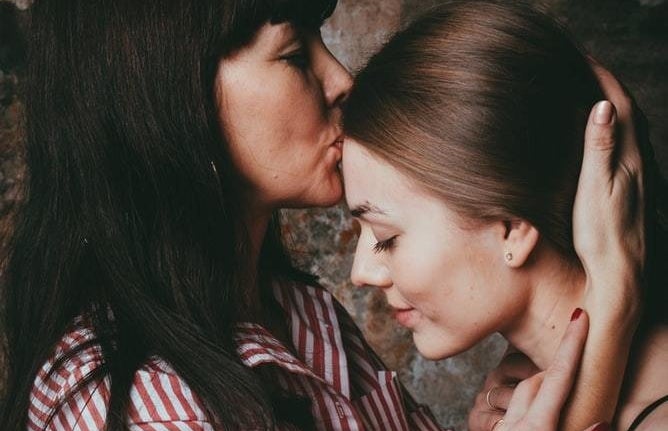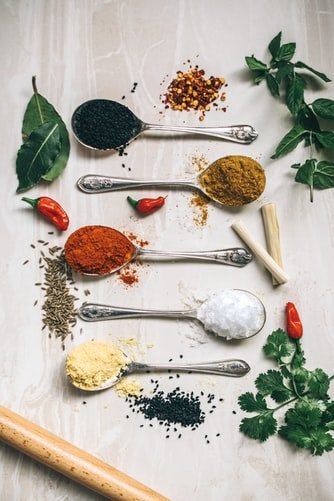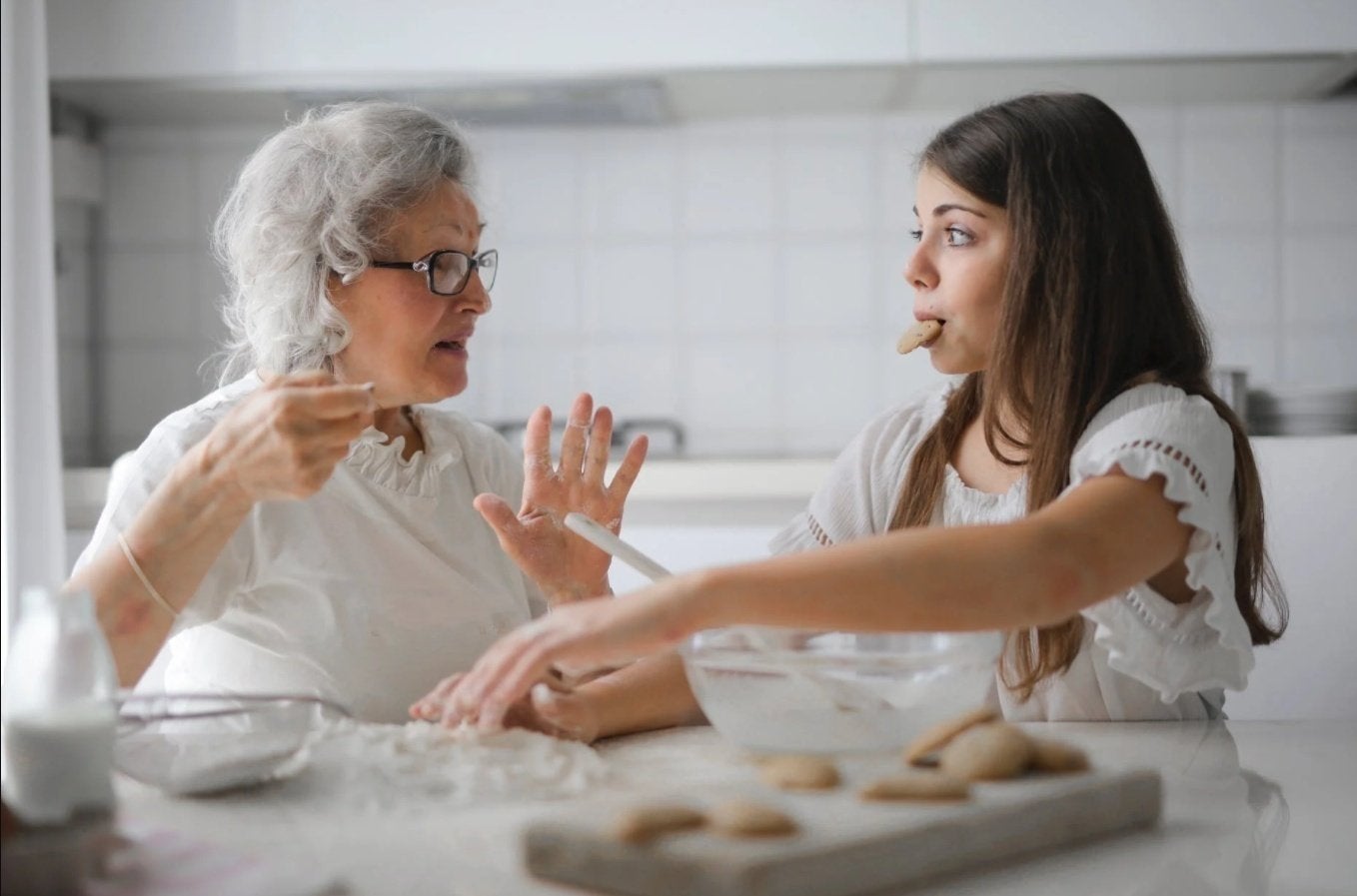Being first-generation in a family of immigrants can feel so alienating at times. The experiences that everyone shared somehow feel like an inside joke that you’re not a part of. For context, I’m paler than most of my family and can’t speak Spanish. It makes total sense — I’m half-Italian so I’m extremely pale. It’s notoriously common for immigrant families to assimilate as much as possible in America to avoid bigotry and be seen as a nationalist as if our existence in this too-prideful country is an inconvenience. So, while my family only spoke Spanish behind closed doors, I was only left with a meek understanding of the language and no clue how to speak it. Consequently, my answer to the oh-so-famous question “Where are you from?” has to be followed by a ramble of justifications for why I don’t pass for a Latina or a white girl. Because if I don’t look like what I am and I don’t have any abilities to prove my heritage, then really what am I?
Although Hispanic Heritage Month has recently ended, there is no end date for how shamelessly proud Hispanic people are of their culture. My family is from Bolivia, which is a modest country in Latin America known for its incredible gastronomy, myriad of indigenous tribes, and famous salt flats. When I ask my Abuelita about her days in Bolivia, her eyes light up and she beams with joy. She tells her story to me with unbridled enthusiasm and an inkling of sadness, no doubt from the nostalgia of a place she called home for so long until she had to pack up her family and leave. Her sacrifice and her adversity through trials and tribulations are what my family, the one that she raised, is built on. I feel so appreciative of the sense of family and the rich culture that runs in my blood, yet when September rolls around every year, I can’t help but notice a nagging voice that tells me I’m not truly Latina. The word “gringa” in Spanish refers to a non-Hispanic womxn, someone who is foreign. A “Latina gringa” seems contradicting now — a Latina who is somehow also not Latina. This is exactly how it feels to be white and Hispanic, stuck in abeyance and not really belonging to one ethnicity nor the other.
It can feel as if you don’t fit into either ethnicity and I’ve seriously had a breakdown or two trying to pinpoint my identity. I think for many people who identify as biracial, these problems and thoughts come up at some point or another. I remember growing up, my friends at school would tell me I didn’t look like I was from here while my cousins at home made fun of me for being so white — a “gringa.” It is easier now to look back and laugh about it, as I’m now comfortable in my own skin.
“You can claim both of your ethnicities wholeheartedly; they are not mutually-exclusive.”
It’s confusing to have others define who you are, but the reality is this: no one can really explain your identity or your relationships with your culture. You can claim both of your ethnicities wholeheartedly; they are not mutually exclusive. I am a Latina and I realize now that no one can tell me otherwise. I am also white, a “gringa”, but this also includes the meaningful Italian traditions that are equally a part of me. Maybe one day I’ll be able to speak Spanish or I’ll visit Bolivia, but that won’t “make” me Hispanic. It’s ingrained in my person, the traditions I take part in, the ancestors I have and their sacrifices that have allowed me to become who I am today. The way others celebrate their culture doesn’t diminish your culture or your experiences. You have a right to your culture and to express it in whichever way you choose.




